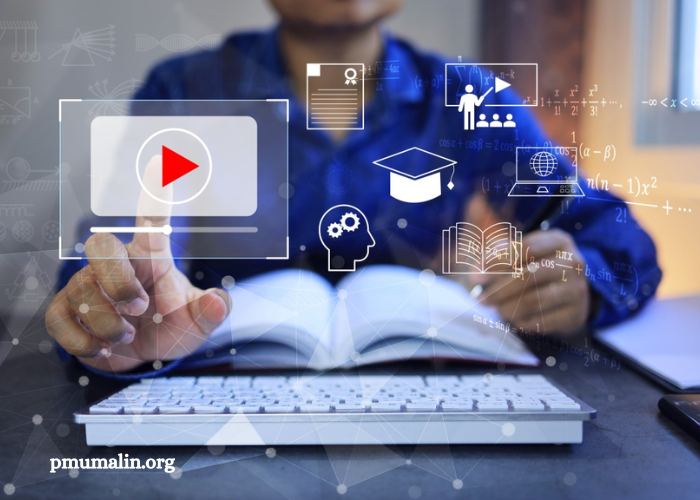
In the ever-evolving landscape of education, the only constant is change. From traditional classrooms to digital platforms, education has undergone significant transformations over the years. In this article, we delve into the trends shaping the educational landscape, exploring how technology, globalization, and changing pedagogical approaches are revolutionizing the way we learn and teach.
The Rise of Online Learning Platforms
One of the most notable trends in education is the proliferation of online learning platforms. With the advent of the internet, education has become more accessible than ever before. Platforms like Coursera, Udemy, and Khan Academy offer a wide range of courses on diverse subjects, allowing learners to acquire new skills from the comfort of their homes.
This trend has been further accelerated by the COVID-19 pandemic, which necessitated the adoption of remote learning solutions. As a result, online education has become mainstream, offering flexibility and convenience to learners worldwide.
Personalized Learning Experiences
Traditional one-size-fits-all approaches to education are being replaced by personalized learning experiences. Adaptive learning technologies utilize data analytics to tailor educational content to the individual needs of each student.
By analyzing students’ learning patterns and preferences, these systems deliver customized lessons and recommendations, optimizing the learning process. This trend reflects a shift towards student-centered education, where the focus is on catering to the unique strengths and weaknesses of each learner.
Gamification of Education
Gamification has emerged as a powerful tool for enhancing student engagement and motivation. By incorporating game elements such as points, badges, and leaderboards into educational activities, educators can make learning more interactive and enjoyable.
Gamified learning experiences tap into the innate human desire for competition and achievement, driving students to actively participate in their own education. Moreover, gamification fosters collaboration and teamwork, as students work together to achieve common goals.
Embracing Diversity and Inclusion
As societies become increasingly diverse, there is a growing recognition of the importance of diversity and inclusion in education. Inclusive education aims to create learning environments that celebrate differences and accommodate the needs of all students, regardless of their backgrounds or abilities.
This involves adopting inclusive teaching practices, providing support services for marginalized groups, and promoting cultural competence among educators. By embracing diversity, schools and institutions can foster a sense of belonging and create opportunities for all students to succeed.
The Integration of Emerging Technologies
Advancements in technology such as artificial intelligence, virtual reality, and augmented reality are revolutionizing the way we teach and learn. AI-powered tutoring systems can provide personalized feedback and assistance to students, helping them master complex concepts more effectively.
Virtual and augmented reality simulations offer immersive learning experiences, allowing students to explore virtual environments and engage with course material in new ways. As these technologies become more accessible and affordable, they have the potential to transform education by making it more interactive, engaging, and effective.
Lifelong Learning and Continuous Skill Development
In today’s rapidly changing job market, lifelong learning has become essential for career success. The traditional model of education, which emphasizes acquiring knowledge during the formative years and then entering the workforce, is no longer sufficient. Instead, there is a growing emphasis on continuous skill development and upskilling throughout one’s career.
This has led to the rise of lifelong learning initiatives, such as online courses, professional development programs, and micro-credentialing, which enable individuals to acquire new skills and stay competitive in the job market.
A Shift Towards Competency-Based Education
Traditional education models often focus on the amount of time spent in the classroom rather than the mastery of skills and competencies. However, there is a growing recognition of the limitations of this approach, particularly in light of the diverse learning needs of today’s students.
Competency-based education shifts the focus from seat time to mastery, allowing students to progress at their own pace based on their demonstration of specific skills and competencies. This approach empowers students to take control of their learning and ensures that they are adequately prepared for success in the workforce.
Conclusion
The field of education is undergoing a period of rapid evolution, driven by technological advancements, changing societal needs, and pedagogical innovations. From online learning platforms to personalized learning experiences, the trends shaping education are diverse and dynamic.
By embracing these trends and adapting to the changing landscape, educators can prepare students for success in the 21st century and beyond. As we continue to explore new ways of teaching and learning, one thing remains clear: the future of education is bright, promising, and full of endless possibilities.